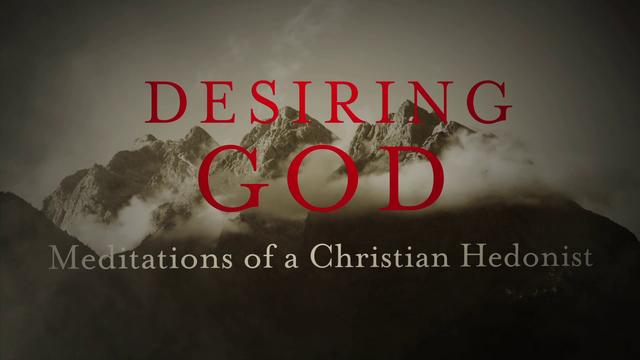
Cap-Quotes: Desiring God Chapter 2
Each Wednesday evening through the summer months, a group of adults are reading through and discussing the implications of John Piper’s book, Desiring God. If you have opportunity, come join us each Wednesday, 6:30 p.m. at Summit Woods Baptist Church. Here are a few highlights from chapter two.
God’s pursuit of praise from us and our pursuit of pleasure in Him are one and the same pursuit. God’s quest to be glorified and our quest to be satisfied reach their goal in this one experience: our delight in God, which overflows in praise.
…no one is a Christian who does not embrace Jesus gladly as his most valued treasure, and then pursue the fullness of that joy in Christ that honors Him.
The best explanation of Romans 3:23 is Romans 1:23. It says that those who did not glorify or thank God became fools “and exchanged the glory of the immortal God for images.” This is the way we “fall short” of the glory of God: We exchange it for something of lesser value. All sin comes from not putting supreme value on the glory of God—this is the very essence of sin.
The wickedness of sin is owing to the implicit disdain for God.
Quoting Jonathan Edwards:
Our obligation to love, honor, and obey any being is in proportion to his loveliness, honorableness, and authority.… But God is a being infinitely lovely, because he hath infinite excellency and beauty.… So sin against God, being a violation of infinite obligations, must be a crime infinitely heinous, and so deserving infinite punishment.… The eternity of the punishment of ungodly men renders it infinite … and therefore renders no more than proportionable to the heinousness of what they are guilty of.
Back to Piper:
saving faith in Christ always involves a profound change of heart. It is not merely agreement with the truth of a doctrine. Satan agrees with true doctrine (James 2:19). Saving faith is far deeper and more pervasive than that.
Conversion does indeed include an act of will by which we renounce sin and submit ourselves to the authority of Christ and put our hope and trust in Him. We are responsible to do this and will be condemned if we don’t. But just as clearly, the Bible teaches that, owing to our hard heart and willful blindness and spiritual insensitivity, we cannot do this.
Without this spiritual heart transplant, people will not know and love and obey God.
Faith is the effect of new birth, not the cause of it.
Since faith and repentance are possible only because of the regenerating work of God, both are called the gift of God
Conversion, understood as the coming into being of a new nature (a Christian Hedonist) that will obey Christ, is no mere human decision. It is a human decision—but, oh, so much more! Repentant faith (or believing repentance) is based on an awesome miracle performed by the sovereign God. It is the breath of a new creature in Christ.
Saving faith is the confidence that if you sell all you have and forsake all sinful pleasures, the hidden treasure of holy joy will satisfy your deepest desires. Saving faith is the heartfelt conviction not only that Christ is reliable, but also that He is desirable. It is the confidence that He will come through with His promises and that what He promises is more to be desired than all the world.
Behind the repentance that turns away from sin, and behind the faith that embraces Christ, is the birth of a new taste, a new longing, a new passion for the pleasure of God’s presence.






